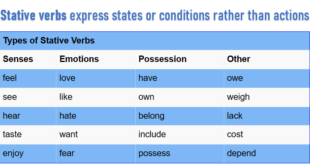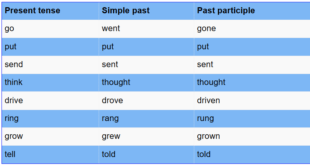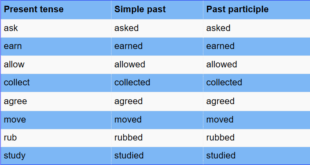![]()
Personal pronouns are words that take the place of a person or thing, primarily to avoid repetition.
- My name is Mike. I have two brothers.
- Don’t ask John; he won’t know.
- Jane feels sleepy; drive her home.
| Person | Subject pronouns | Object Pronouns | |
| Singular | First | I | Me |
| Second | You | You | |
| Third | She, He, It | Her, Him, It | |
| Plural | First | We | Us |
| Second | You | You | |
| Third | They | Them |
Subject personal pronouns
The subject in a sentence is a person, thing, or place that is doing something.
Subject pronouns are pronouns that take the place of the subject.
- I saw Molly yesterday.
- She was too sad.
We use he to refer to a man and she to refer to a woman.
If we are not sure if the person is a man or woman, we use “he or she” or “they.”
- Ask your teacher; he or she will help you.
- Ask your teacher; they will help you.
We use it for singular things or most animals.
- I like this car; it is very comfortable.
- Look at that horse; it is very fast.
If the animal is a family pet, we use he (male) or she (female).
- We have a pet dog; he is very cute.
We use she for ships.
- The Titanic was a great ship. She sank in April 1912.
Object personal pronoun
The object in a sentence is a person, thing, or place that receives the action.
Object pronouns are pronouns that take the place of an object.
- Jim saw me yesterday.
- I am going to drive them there.
noun / pronoun + I / me
It’s considered more polite to put the other person first.
- He and I had lunch together.
- They gave the money to Jim and me.
- You and I are of one mind on this matter.
Personal pronouns envocabulary.com


